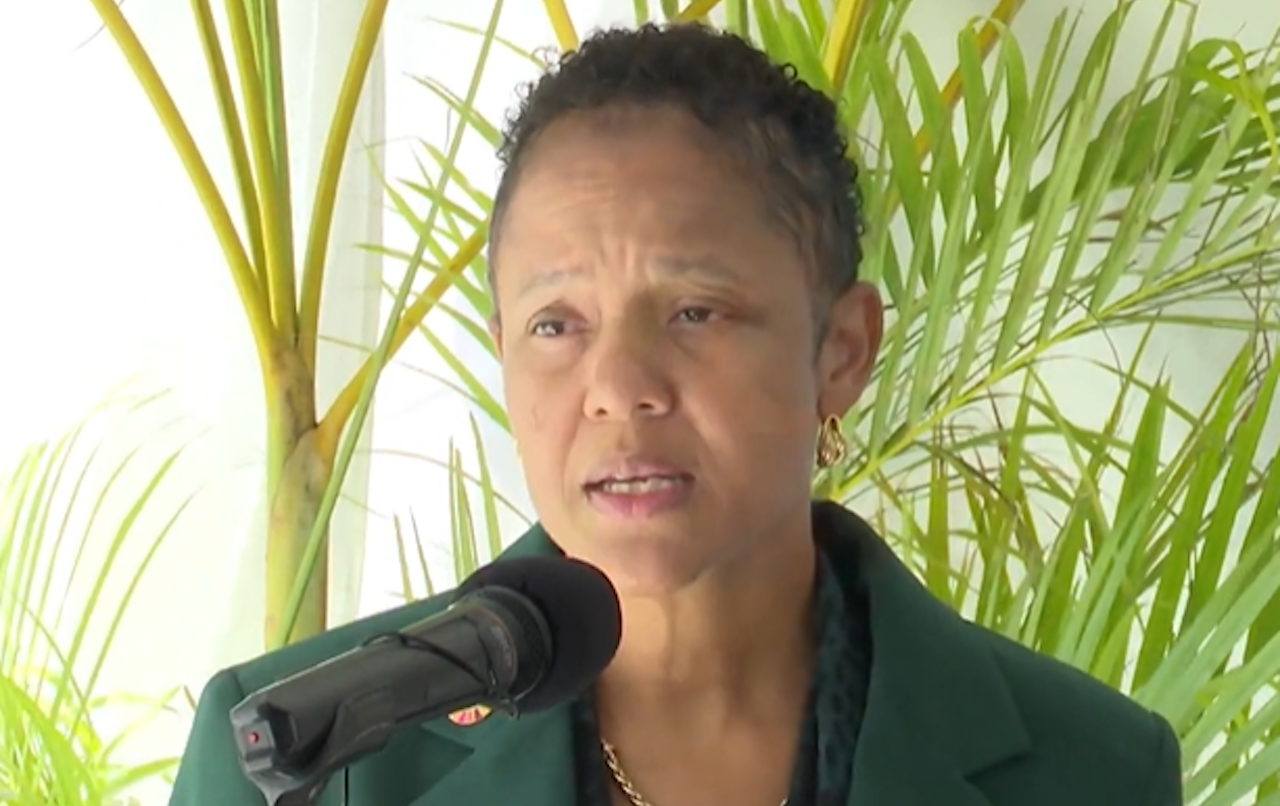The father of the four-year-old boy seen in a viral video conducting a ZR van last weekend, has publicly announced his regret for being irresponsible with his child’s care while he drove the public service vehicle (PSV).
In a statement broadcast on radio Wednesday, PSV operator Bernard Atkins, who will remain off the job while the matter is being investigated, apologised for his actions.
He said: “There was no one to keep my son so I had him in the van with me but he was not acting as a conductor. However, I still understand the seriousness of [the situation] because [he was in a] moving vehicle and any parent would be concerned; so I apologise on that part. As it relates to the music [with the profanities], it was a promotional CD, [and] I did not know what was on it, but at the end of the day, I have to hold responsibility because it was being played in the presence of my son and I. For that, I apologise.”
Last weekend, a video, showing a minor opening the door of a PSV to let passengers out and then getting back inside, went viral. The boy was caught on camera pulling down a side seat and sticking his head out the window. Lewd music was playing in the vehicle and the passenger who shot the video indicated that the boy must be working as he took the bus fare from them.
Within hours, Deputy Prime Minister and Minister of Transport Santia Bradshaw ordered a probe into the incident as she declared that she was taken aback by the video.
Atkins was involved in a meeting on Wednesday with Bradshaw, the head of the Transport Authority Ruth Holder, and other officials.
Minister Bradshaw said that during the meeting, there was a long conversation about other parents who took their wards to work.
She said, however, that it was important not to put children in compromising positions such as what occurred over the weekend.
Bradshaw said she appreciated that Atkins understood the implications of his actions, was sorry about what he did, and understood why there was a lot of public backlash, even from her, about the incident.
“He appreciates that this matter is of a sufficiently serious nature that he cannot repeat these actions and that there must be a strong message that we would not tolerate children in a vehicle, of this nature, going forward. He has also agreed not to return to work until the matter has been investigated by the Child Care Board.
“As you can appreciate, there are multiple agencies which have been involved in reviewing this matter – the Transport Authority, the Licensing Authority, the Child Care Board and the Barbados Police Service.”
Meanwhile, Felicia Dujon, a Democratic Labour Party vice president and spokesperson on children’s issues, urged parents to be more mindful of the activities they engage their children in, though she suggested that taking their ward with them to work was a tradition during the Christmas season.
Contending that there was a difference between child labour and child work, she said: “Contrary to misconceptions, this practice is deeply ingrained in our cultural fabric and is not a form of child labour, as the children are not exploited in any manner. Instead, they actively participate in learning the trades of their parents, fostering a profound sense of familial connection and passing down invaluable skills from one generation to the next.”
Even so, Dujon said, “while celebrating our cultural practices, we must prioritise the safety of our children”.
“What may appear unusual or even risky in other cultural contexts is, in fact, a well-established and accepted practice in our Bajan society. We caution against hastily labelling these practices as harmful or exploitative, emphasising the need for a nuanced understanding. It is crucial for us, as a community, to collectively strike a balance between preserving our cultural heritage and safeguarding the well-being of our children.
“Child labour is a pervasive and deeply concerning phenomenon that involves the exploitation of children, depriving them of their childhood, and causing harm to their physical, mental, and social well-being. It often occurs in hazardous conditions, with long working hours and inadequate pay, violating children’s fundamental rights. On the contrary, child work refers to the participation of children in activities that are not detrimental to their health, development, or schooling. Engaging in age-appropriate tasks, such as light household chores, helping with family farming, or acquiring skills through apprenticeships, can contribute positively to a child’s personal growth and community integration without causing harm,” the child rights advocate said.
The Convention of the Rights of the Child, which Barbados ratified in 1989, sets out children’s civil, political, economic, social, and cultural rights. Under Article 32 of the convention, children have the right to be protected from work that is hazardous, harmful to their health, or interferes with their education.
sheriabrathwaite@barbadostoday.bb





